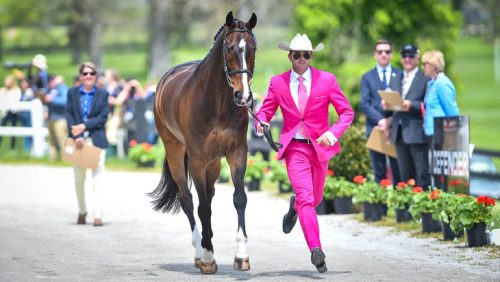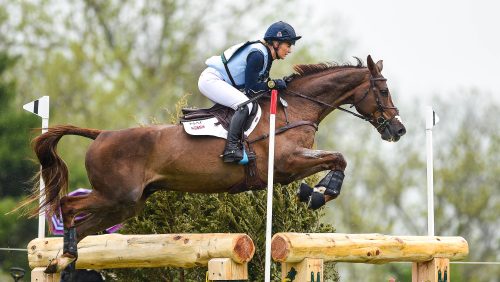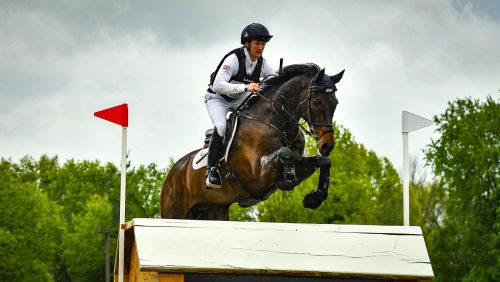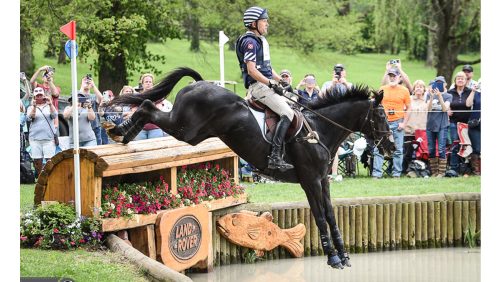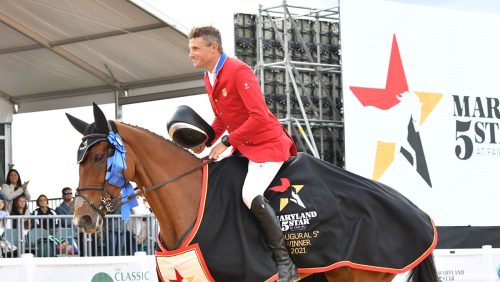Event riders from around the world are rallying behind a petition started by the British-based Event Riders Association to change the Fédération Equestre International’s new minimum eligibility requirements.
The new system for rider categorizations requires 20 MERs at a level (15 for 2013) in order for a rider to avoid having to start at the one-star or lowest FEI level of qualifications with a new horse.
The ERA petition points out that many advanced horses and riders will have to go back to the one-star level to qualify for three- and four-stars, thus putting additional mileage on the horse and imposing extra costs on riders and owners.
The petition also suggests lowering the number of MERs due to practicality and availability of qualifying competitions to some riders.
The ERA hopes to get 1,500 signatures—the petition received 1,000 signatures in 72 hours and had 1,165 as of March 4—and plans to present the petition to the FEI Eventing Committee.
Many high-profile riders from around the world have signed the petition including Australia’s seven-time Olympian Andrew Hoy. “The sport is international, and with the introduction of rules all aspects must be thought through and taken into consideration,” he wrote. “Not only in this situation is the horse’s welfare put at risk due to extreme competition runs, but in some countries there are not the competitions without extraordinary travel and cost incurred by rider and owner.”
ADVERTISEMENT
Several members of the ERA’s counterpart in North America, the Professional Riders Organization, have spoken out and signed the petition.
PRO spokeswoman Samantha Lendl said ERA and PRO work together on most things that go to the FEI so that it’s representative of as many riders as possible. “ERA has the seat at the FEI, and so they present everything. PRO members provided feedback from North America to ERA, who then drew up the petition,” she said.
California-based Olympic individual silver-medalist Gina Miles, who sits on the U.S. Equestrian Federation Eventing Technical Committee, is categorized as a “D” level rider, the lowest level of categorized rider.
As the West Coast has relatively few FEI events, Miles said this affects her tremendously. She has a mare who has been off for two years with an injury, but she previously competed at the CIC*** level. Miles will now have to gain qualifications at the one- and two-star level, instead of qualifying for a three-star using advanced horse trials.
“I think what they’re missing a little bit is that riders aren’t that stupid. You’re going to use your judgment when you get a new horse,” she said.
Miles was on the U.S. Eventing Association Safety Task Force that was formed after a spate of horse and rider deaths in 2008.
ADVERTISEMENT
“A lot of this stuff came about in 2008 when we had so many deaths and accidents. It was a really trying time in the sport. It was hard to identify what one thing was causing all of [it,]” she said. “I think the FEI is still reacting to that. I think that they’re just a little bit behind the implementation and a different bureaucracy, perhaps.”
While she liked the concept of riding licensing and qualifying as a pair, she had concerns about the implementation. “All of a sudden, you have to put numbers to it. How many competitions constitutes a partnership? That partnership might be different for a Mark Todd than it is for a Gina Miles or a whoever,” she said. “I think there could be a number [of MERs] that they could use that would be appropriate; they’re just struggling to get that number right. By enacting this so quickly, it’s maybe rushing it a little bit, and it needs some tweaking to get it right.
“We know that horses have limited miles, and it sort of devalues the experienced horse in our sport,” she continued. “A season makes a difference. If you have to spend a season checking the boxes for the FEI, you lose that season to prepare the horse as you see fit.”
Four-star rider Colleen Rutledge, who’s categorized as a “C” level rider, won’t be affected with many of her horses because she’s qualified with them over the years as a combination. But the Frederick, Md.-based rider still has issues with the new rules. “For me, it means I couldn’t go out and purchase an upper-level horse and turn around and be competing it at the same level it was competing at. I’d have to step it all the way back down,” she said. “It makes me less desirable as a trainer than someone who’s on the ‘A’ list who can take a four-star horse, only have to run it a little bit, and keep going.
“I can understand where the FEI is coming from and the fact that they’d like to make sure that everybody is capable on the horses that they ride, but it really does tend to favor those who have multiple rides, and they’re going to continue to have multiple rides,” she continued.






